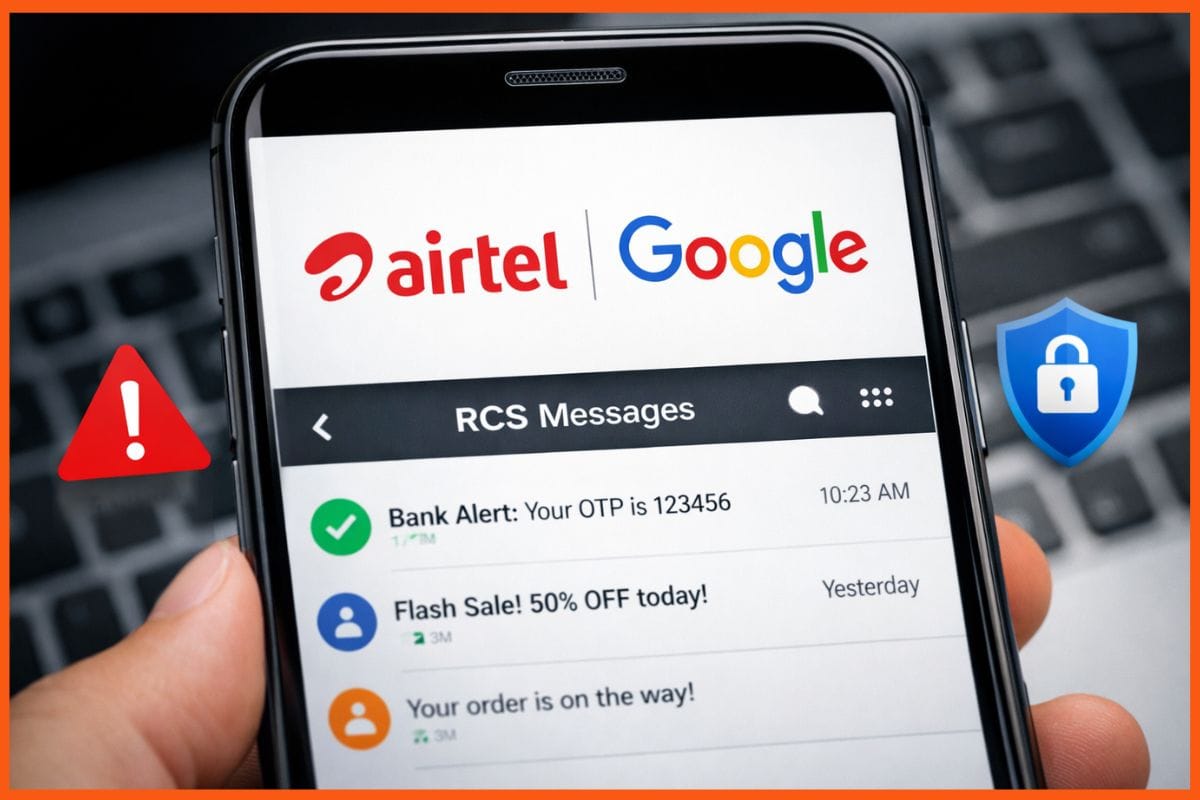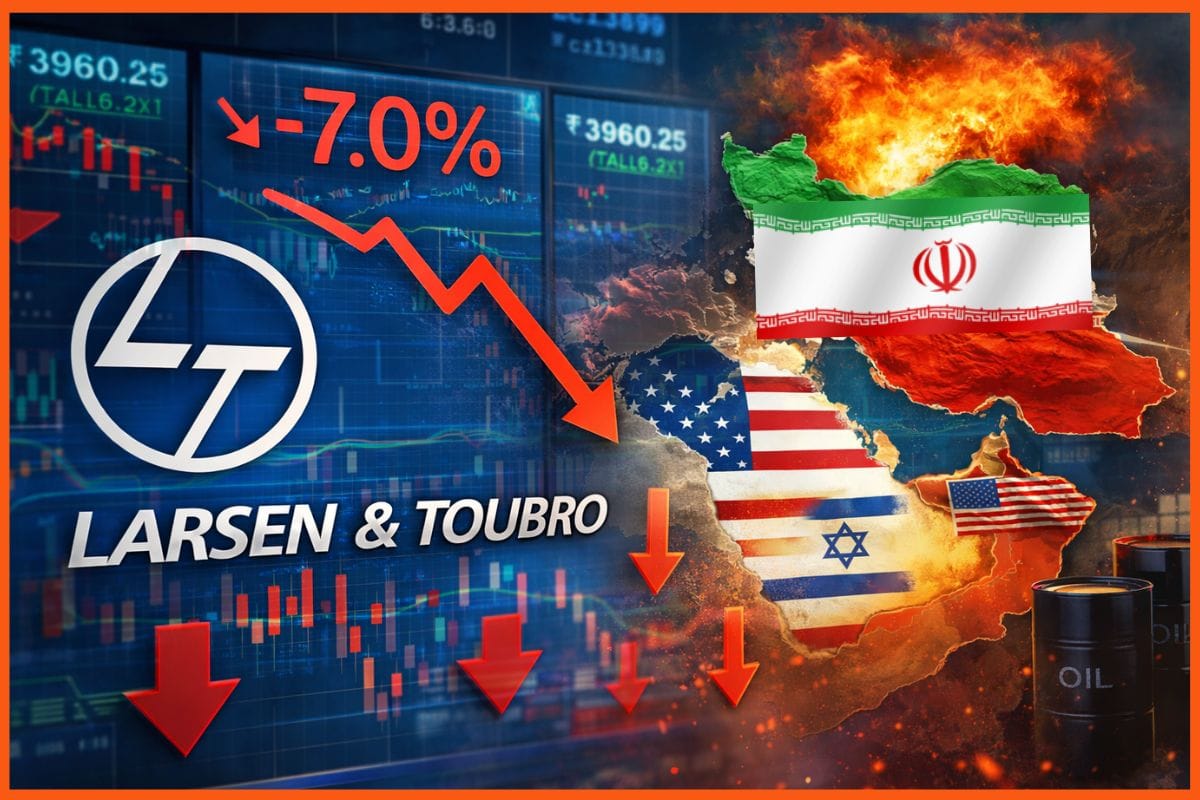How to Bootstrap a Fashion Startup: Building a Sustainable Brand with Limited Resources
✍️ Opinions
This article has been contributed by Pragya Priyali, Founder and Creative Director, Unrush.
Starting a business is exhilarating. The idea, the passion, the drive—it all fuels the early days. But when you’re bootstrapping, meaning you’re building with limited external financial support, sustainability becomes the real game-changer. Many founders dive in headfirst, hoping things will work out.
However, without a clear roadmap, they often find themselves lost, overwhelmed, or worse—out of cash. Having built my own direct-to-consumer (D2C) fashion brand from the ground up, I’ve learned firsthand what it takes to create a sustainable business while managing a tight budget. Here are the key principles that have guided my journey.
1. Plan for the Long Haul
Before anything else, map out a 3-4 year financial plan. This isn’t just about setting goals; it’s about understanding when your business will become cash-positive and how much capital you’ll need to reach each stage of growth. Consider best-case and worst-case scenarios—aim for the best, but prepare for the worst.
It’s tempting to dive in and figure things out along the way, but trust me, flying blind is a recipe for stress and failure. Without a plan, you won’t know if you’re performing well or struggling, how long it will take to become profitable, or where you’re losing money. I’ve seen too many founders burn out simply because they had no sense of where they stood against their ambitions.
Your plan will also help you decide whether the scale of business you can realistically achieve with your available resources is worth pursuing. In many cases, founders realize early on that the numbers don’t add up, saving themselves time, money, and heartache.
2. Nail Your Unit Economics from Day One
From the beginning, you need to be crystal clear on how your business will be profitable. What’s your competitive advantage? Will you differentiate through product innovation, marketing efficiency, or supply chain mastery? Standing out in today’s crowded market is not optional—it’s survival.
Your pricing strategy is crucial. Are you playing a mass-market game with low margins, or are you building a niche brand with higher margins? Either way, every item you sell must generate profit. Too many businesses chase vanity metrics like revenue growth without ensuring that each sale contributes positively to their bottom line. A brand that bleeds money on every transaction is just a ticking time bomb.

3. Quality Over Quick Wins
As a small brand, you can’t rely solely on performance marketing forever. In the early days, you may need to allocate 90% of your marketing budget to paid ads, but that’s not sustainable long-term. Quality products create loyal customers, reducing your dependence on paid acquisition over time.
When customers return because they love your products, your cost of customer acquisition drops. Eventually, your marketing mix should shift toward organic growth, referrals, and community-driven efforts, bringing down paid marketing spends to 60% or lower. The alternative? A vicious cycle where you constantly burn cash on performance marketing to drive revenue, until you run out of money and the business collapses.
4. Don’t Chase Valuations—Chase Profitability
The startup world glamorizes billion-dollar valuations, but if you’re bootstrapping, forget about impressing investors and focus on business fundamentals. Scaling through relentless spending is easy—anyone can do it. But what happens when the money dries up?
Even if you plan to raise funds later, your business must be built on strong financial principles. Investors look for businesses with solid unit economics, a clear path to profitability, and sustainable growth strategies. But here’s the kicker: if you build your business the right way from the start, you might never need funding at all.
5. Choose Your Partners Wisely
Early on, you may not have the budget to hire top-tier talent full-time, and that’s okay. Instead of settling for subpar hires, consider working with high-quality agencies and freelancers who bring expertise and flexibility.
The quality of your brand is directly tied to the people working on it. Cutting corners on talent may seem like a cost-saving move, but it often leads to expensive mistakes down the line. Be strategic with your hiring and partnerships—invest where it truly matters.
6. You Can’t Do Everything Yourself
As a founder, it’s natural to want control over every aspect of your business. But you are not a superhero, nor do you need to be an expert in everything. Your time is best spent on big-picture strategy, innovation, and growth—not micromanaging every detail.
Surround yourself with partners and team members who excel in their areas, allowing you to focus on what truly moves the needle. Learning to delegate is one of the most valuable skills a founder can develop.
The Bottom Line
Building a sustainable business on a bootstrapped budget is not easy, but it’s absolutely possible. It requires meticulous planning, financial discipline, a strong focus on product quality, and the ability to scale efficiently. By staying grounded in solid business principles rather than chasing external validation, you can create a brand that thrives, not just survives.
If you’re starting your journey, remember: sustainability isn’t just about the environment—it’s about building a business that lasts. And that’s the real win.

Must have tools for startups - Recommended by StartupTalky
- Convert Visitors into Leads- SeizeLead
- Website Builder SquareSpace
- Run your business Smoothly Systeme.io
- Stock Images Shutterstock






